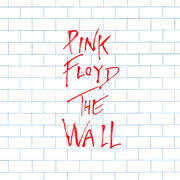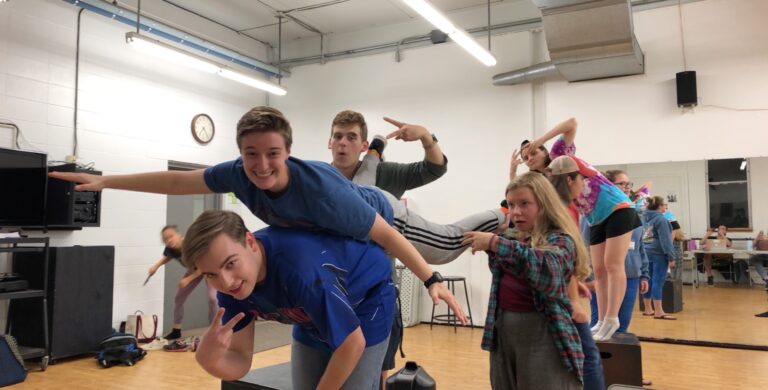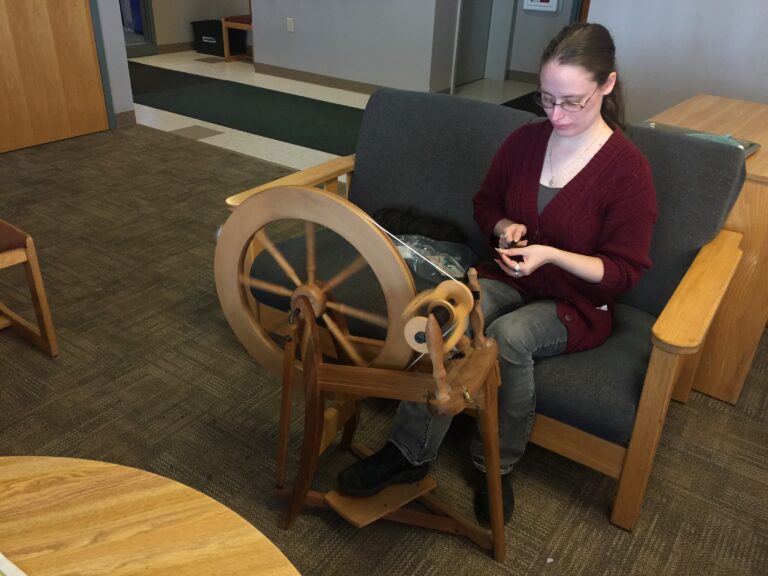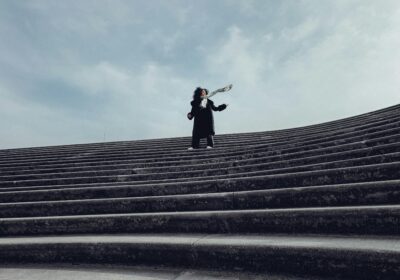Dissecting Pink Floyd’s ‘The Wall’

One of the most powerful and influential things in my life is music. To me, music is therapy. When I’m down, music lifts me up. When I go on my 4-hour drive from Connecticut to Vermont, what gets me through is music. It’s such a huge part of my life. This column will dive into my love for music from different perspectives. My second will be on yet another iconic album from Pink Floyd. I may even go as far as saying that it is an extension of Dark Side of the Moon.
The Wall. Part 1.
This album gave me a powerful message that I’ll never forget. In fact, it largely influenced how I live my life today.
Now before I dive into this, the album actually has a movie that goes along with the music. I know the general idea of the movie, but I have not watched it. This analysis is purely based on my interpretation of the lyrics and music.
“The Wall” is basically divided into two parts. The first part highlights the darkness of the world and life, which is why I said it could be an extension of “Dark Side of the Moon.”
This part spans from the song, “In the Flesh?” to “Goodbye Cruel World.” There are many interesting parts about this section of music.
“In the Flesh?” begins with an extension of the final song on the album, “Outside the Wall.” That shows this album can be a cycle. In fact, apparently there’s a lyric that starts at the end of the album and finishes at the beginning of the album.
That’s super interesting.
Now the final lyric of “In the Flesh?” goes, “If you want to find out what’s behind these cold eyes, you’ll just have to claw your way through this disguise.”
This is saying that if you want to get past the darkness of life, you have to “claw your way through this disguise.” In my interpretation, the “disguise” is what prevents you from living the life you want to live and being yourself.
The next song, “The Thin Ice,” begins with a baby crying, symbolizing that you are back at the beginning of life. The final lyric of the song goes, “You slip out of your depth and out of your mind, with your fear flowing out behind you, as you claw the thin ice.”
I love that lyric. The thin ice cracked, and you fall through, losing your depth and mind yet also losing your fears. And the word “claw” is crucial. Earlier you were told to claw your way through the disguise, and now you claw the thin ice. You’re clawing through your disguise, and Pink Floyd shows us what this disguise is.
It takes you back to the beginning of your life and highlights the hardships you’ve taken on.
“Another Brick in the Wall, Part 1” shows that your father left the world as a child and did not leave much behind, only the memory of him.
“The Happiest Days of Our Lives,” ironically titled, is about the hardships of school and then going home to a rough home life.
“Another Brick in the Wall, Part 2” goes further into education, and how teachers “control” your thoughts. School held you down from being yourself.
“Mother” is about a mother who always held you down. She worried too much, which in turn made you consistently paranoid. I love the part in this song where it’s all slow and easy leading up, then you hear, “Of course, mama’s gonna help build the wall,” followed by an aggressive guitar solo.
Now after “Mother,” there’s a sequence of “Empty Spaces,” “Young Lust” and “One of My Turns.” These three songs tell the story of a girl in your life who became manipulative. She held you down the most.
The final lyric of “Empty Spaces” is, “How can I complete the wall?” This seamlessly goes into “Young Lust,” which is about lustfulness with a woman in your life.
“One of My Turns” is when the darkness begins. As tension grows between you and the girl, you fall into depression. As you argue more and more, the relationship falls apart, ending the song with, “Why are you running away?”
The next song is dark. It sounds like it’s straight from a psycho scary movie. This was your rock bottom. It’s called “Don’t Leave Me Now,” a direct reference to the woman. You plead for her to not leave you, but she doesn’t listen. The song ends, “Oooh babe, why are you running away?”
You then get taken down into the darkness, accompanied by a mystical guitar solo.
At the very end of the song, you hear voices everywhere, and as you go insane you scream and hear bangs.
In “Another Brick in the Wall, Part 3,” which follows “Don’t Leave Me Now,” you reflect on how you always tried to deny the wall. You thought you could get through life just fine, and you stored the darkness away.
Yet at the end of the song, we learn that all of the events I mentioned previously were “all just bricks in the wall.” Those hardships of your life eventually built the wall, which protects you from the darkness.
“Goodbye Cruel World,” the final song in this part, is a goodbye to the hardships of the world. You are now behind the wall. You are safe, you are happy, and you are yourself.
In the next issue of the Castleton Spartan, I will continue with the second part of “The Wall,” which puts you into a world behind the wall.








